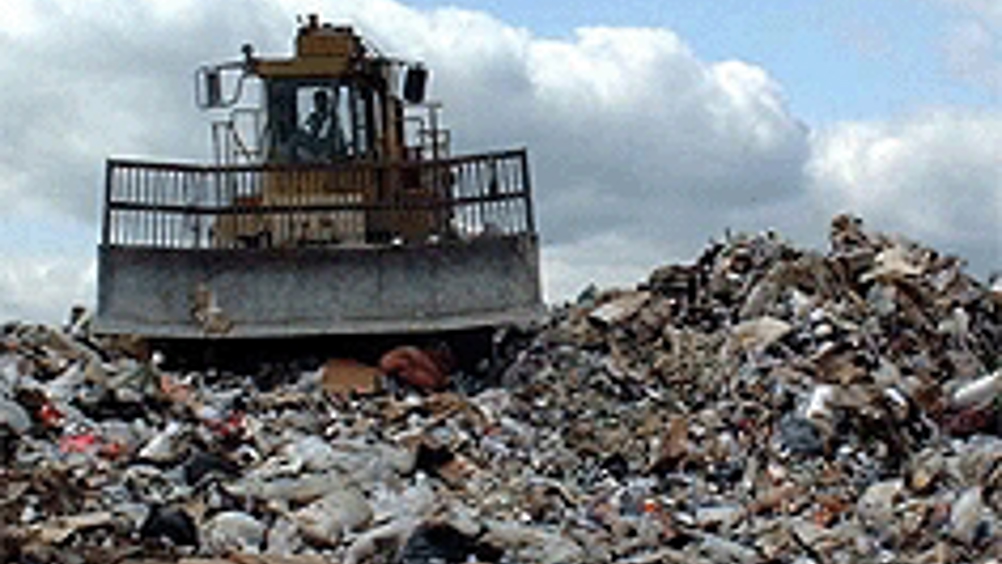Quality not quantity urged for recycled goods
Local authorities should focus more on the quality of recycled material such as paper, glass and plastics, rather than simply the quantity, says the Institute of Civil Engineers (ICE).

Pressure to stay within landfill quotas risks a situation where recycled material is of such poor quality that it may, ironically, end up back in landfill sites.
In its State of the Nation: Waste and Resource Management 2011 report, ICE calls for a shift towards a ‘circular economy’ where recycled materials are high enough quality to be routinely bought back into use, reducing the demand for goods made from raw materials and thereby achieving a 10 per cent reduction in CO2 emissions.
However, this will require extra investment to the tune of £10-20bn by 2020, most of which will have to come from the private sector.
ICE waste and resource management expert Jonathan Davies, of SKM Enviros, said: ‘New central government funding for the waste PFI (Private Finance Initiative) programme has now drawn to a close, so the onus is on the government to create an environment that will encourage private investment and develop new thinking on how waste facilities could be funded.
Register now to continue reading
Thanks for visiting The Engineer. You’ve now reached your monthly limit of news stories. Register for free to unlock unlimited access to all of our news coverage, as well as premium content including opinion, in-depth features and special reports.
Benefits of registering
-
In-depth insights and coverage of key emerging trends
-
Unrestricted access to special reports throughout the year
-
Daily technology news delivered straight to your inbox










Construction industry lags in tech adoption
Are these the best people to ask "Insights from 2,000 Industry Leaders"? - what would their customers views be like (perhaps more...